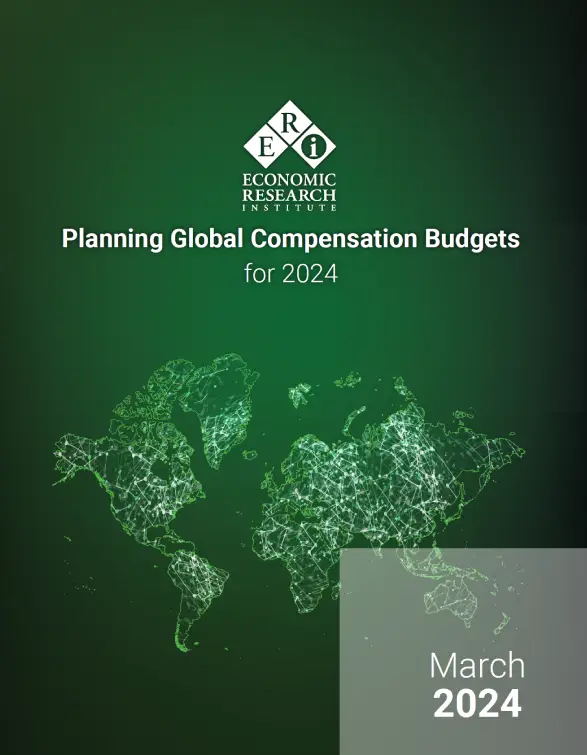Last updated: April 30, 2024
Toll Line Repairer Salary
in Gyeongju, South Korea
This page is a promotion for ERI’s Assessor Series and is not intended for professional use.
Professionals should subscribe to ERI’s Assessor Series.
KRW 27,629,991
KRW 13,284/hr
KRW 345,375
Explore Our Salary Database
Last updated: April 30, 2024
Explore Our Salary Database
Salary Recap
The average pay for a Toll Line Repairer is KRW 27,629,991 a year and KRW 13,284 an hour in Gyeongju, South Korea. The average salary range for a Toll Line Repairer is between KRW 20,888,274 and KRW 32,271,830. On average, a High School Degree is the highest level of education for a Toll Line Repairer. This compensation analysis is based on salary survey data collected directly from employers and anonymous employees in Gyeongju, South Korea.
ERI's compensation data are based on salary surveys conducted and researched by ERI. Cost of labor data in the Assessor Series are based on actual housing sales data from commercially available sources, plus rental rates, gasoline prices, consumables, medical care premium costs, property taxes, effective income tax rates, etc.
Find actuarial salary survey data and benchmark salary and pay.
Powered by ERI's Database
Average Salary Chart
Customize:
Get a free Salary Report tailored to your job title, experience and location
Average Salary Chart
Customize:
Get a free Salary Report tailored to your job title, experience and location
Salary Potential
Salary Potential
Estimated salary in 2029:
5 Year Change:
Shift Differentials
Shift Differentials
Calculate Your Shift Differential
What Is Shift Differential Pay?
About Gyeongju, South Korea
Gyeongju Cost of Living Score:
Job Summary
- Installs and repairs telephone and telegraph lines, poles, and related equipment, according to diagrams, and using electrician's handtools: digs holes, using power auger or shovel, hoists poles upright in holes, using truck-mounted winch, and fills and tamps holes, using cement, earth, and tamping device.
- Ascends poles or enters tunnels and sewers to cut in feeder lines, attach appliances, such as terminal boxes and repeaters, and repair or replace defective lines and auxiliary equipment.
- Unreels and strings lines from pole to pole and from pole to building, installs hardware, such as conduits and insulators, and attaches appliances on lines.
- Pulls lines through ducts by hand or with use of winch.
- When assisting in installation and removal of plant equipment, such as callboxes and clocks, in city locations, may be designated line installer-repairer, city.
- When patrolling telephone lines between communities, may be designated toll-line repairer.
- When patrolling telephone or telegraph lines between two established points or in designated areas, may be designated line maintainer, section.
Toll Line Repairer Job Listings for
You May Also Like
White Papers



You May Also Like
Salary Recap
The average pay for a Toll Line Repairer is KRW 27,629,991 a year and KRW 13,284 an hour in Gyeongju, South Korea. The average salary range for a Toll Line Repairer is between KRW 20,888,274 and KRW 32,271,830. On average, a High School Degree is the highest level of education for a Toll Line Repairer. This compensation analysis is based on salary survey data collected directly from employers and anonymous employees in Gyeongju, South Korea.
ERI's compensation data are based on salary surveys conducted and researched by ERI. Cost of labor data in the Assessor Series are based on actual housing sales data from commercially available sources, plus rental rates, gasoline prices, consumables, medical care premium costs, property taxes, effective income tax rates, etc.
Find actuarial salary survey data and benchmark salary and pay.
Powered by ERI's Database

Who We Are
ERI Economic Research Institute compiles the best salary, cost-of-living, and executive compensation survey data available.
View our ProductsTake the guess work out of setting pay
Determine competitive salary levels, compare employee compensation with market benchmarks, and get instant access to reliable salary survey data online.
About Gyeongju, South Korea
Gyeongju Cost of Living Score:
Job Summary
- Installs and repairs telephone and telegraph lines, poles, and related equipment, according to diagrams, and using electrician's handtools: digs holes, using power auger or shovel, hoists poles upright in holes, using truck-mounted winch, and fills and tamps holes, using cement, earth, and tamping device.
- Ascends poles or enters tunnels and sewers to cut in feeder lines, attach appliances, such as terminal boxes and repeaters, and repair or replace defective lines and auxiliary equipment.
- Unreels and strings lines from pole to pole and from pole to building, installs hardware, such as conduits and insulators, and attaches appliances on lines.
- Pulls lines through ducts by hand or with use of winch.
- When assisting in installation and removal of plant equipment, such as callboxes and clocks, in city locations, may be designated line installer-repairer, city.
- When patrolling telephone lines between communities, may be designated toll-line repairer.
- When patrolling telephone or telegraph lines between two established points or in designated areas, may be designated line maintainer, section.
Toll Line Repairer Job Listings for

Who We Are
ERI Economic Research Institute compiles the best salary, cost-of-living, and executive compensation survey data available.
View our ProductsTake the guess work out of setting pay
Determine competitive salary levels, compare employee compensation with market benchmarks, and get instant access to reliable salary survey data online.
You May Also Like
White Papers





